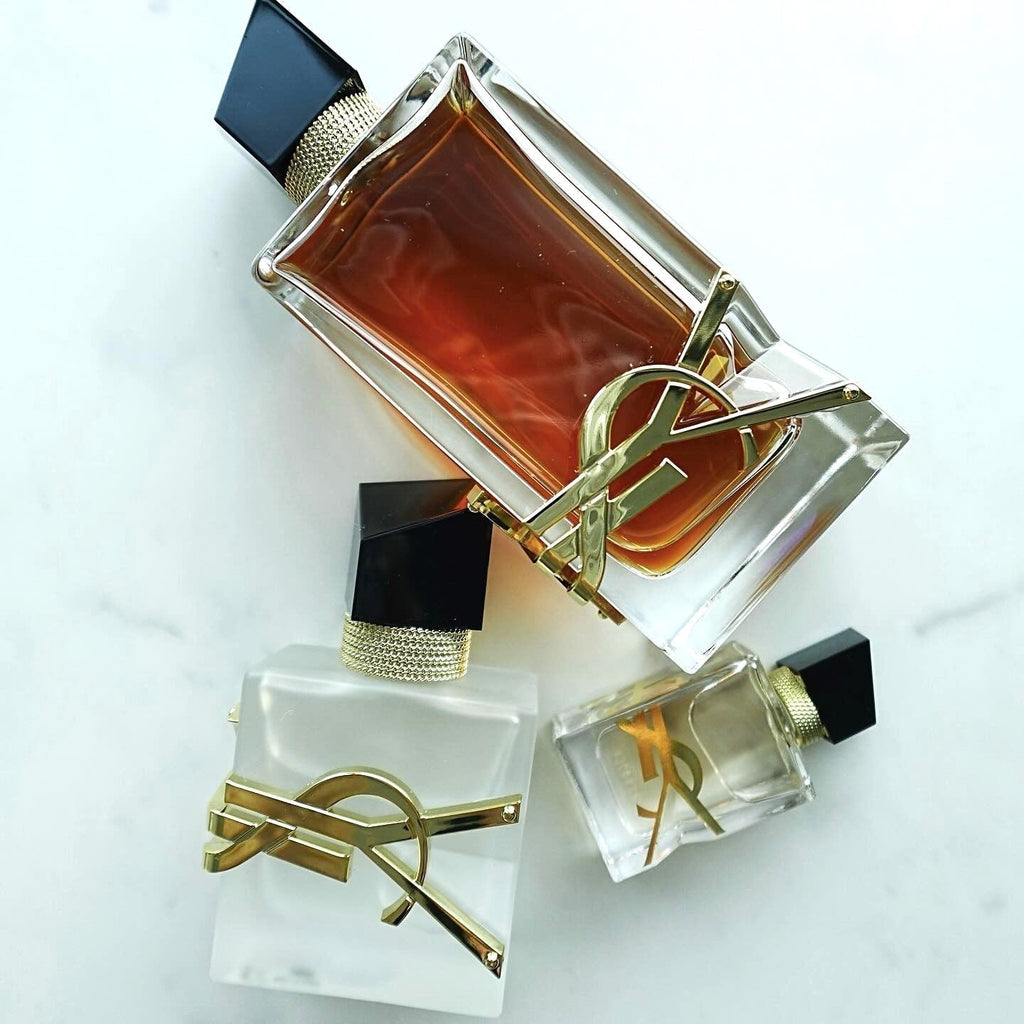Perfumes and babies
Posted by Perfumer

When it comes to parenting, ensuring a safe environment for babies is paramount. From the lotions and shampoos we use on their delicate skin to the cleaning products in our homes, every choice can have an impact on a baby’s well-being. Perfume is often overlooked in this context, but certain strong fragrances may affect young children if proper precautions aren’t taken. Below, we explore what experts say about perfumes around infants, the possible risks, and the steps parents can follow to keep their little ones comfortable and secure.
Understanding Perfumes: Composition and Strength
Perfumes are typically composed of a blend of fragrant oils, alcohol, and occasionally water. Recognizable scents like Chanel No. 5, Dior J’adore, and Tom Ford Black Orchid include top, middle, and base notes that give them their signature aromas. When these substances evaporate from the skin, they release scent molecules into the air. Adults might adore these scents, but babies have particularly sensitive noses. Highly concentrated perfumes or those containing irritants can potentially overwhelm an infant’s senses.
Potential Risks for Babies
Babies are more susceptible to respiratory and skin sensitivities than adults. Some concerns include:
- Respiratory Irritation: Strong fragrances can irritate a baby’s airways, potentially leading to sneezing, coughing, or a runny nose.
- Skin Contact: If perfume from a caregiver’s skin transfers onto a baby, it might cause mild skin irritation, particularly if the formula contains allergens.
- Allergic Reactions: While severe reactions are rare, certain perfume ingredients can trigger an allergic response in sensitive infants.
For more on fragrance applications and their possible effects, read about perfumes and sprays in a broader health context.
Tips for Safe Perfume Use Around Babies
- Choose Lighter Formulations: Opt for body mists or lightly scented products rather than highly concentrated perfumes.
- Apply Sparingly: If you decide to wear perfume, use a minimal amount and avoid areas like your chest or neck that come into frequent contact with your baby.
- Look for Hypoallergenic Scents: Several perfume lines now focus on gentle, hypoallergenic formulas designed to minimize irritants.
- Monitor Reactions: Stay alert to any changes in your baby’s behavior or breathing when you wear perfume. If you notice discomfort, it might be best to avoid that scent.
For insights on the interplay between personal fragrances and body chemistry, check out perfumes and hormones, which delves into how different hormones can affect scent perception.
Popular Perfumes to Be Mindful Of
Many well-known brands produce iconic fragrances that, while delightful to adults, can be a bit intense for babies. Examples include:
- Guerlain Shalimar (oriental, vanilla-rich notes)
- Yves Saint Laurent Black Opium (coffee, white flowers, and vanilla)
- Jo Malone London Peony & Blush Suede (floral and fruity nuances)
Each of these perfumes has distinct aromatic layers that can linger. When in doubt, spritz sparingly and observe how your baby reacts.
However, if you love your favourite fragrance and wish you could use it to some degree even while caring for babies, especially newborns, parents can still use these fragrance by subduing them, for example, by adding 2-4 sprays into a lotion jar, blending the lotion well, and use the lotion in a more subtle, gentle format of your favourite perfumes. * Fragrant lotions itself should be avoided for use on babies and newborns in particular.
Another option is to buy our roller bottle perfumes, which do not provide the 90-180 degree spray range of a spray bottle and is more contained.
The key is not to avoid fragrances but to use them in moderation.
The Debate on Fragrances and Infant Health
Although direct medical studies specifically linking perfume use to infant health issues are relatively limited, many pediatricians advise caution. Babies’ developing systems are easily affected by environmental factors—including scents. For a deeper look at controversial discussions, such as how chemicals in fragrances might intersect with reproductive and developmental concerns, see perfumes and infertility. While research is ongoing, it’s sensible to stay informed and maintain moderate use until more conclusive data are available.
Managing Fragrance-Related Discomfort
Sometimes, adults themselves can experience negative effects from strong perfumes, including migraines. If you or someone in your household struggles with fragrance-induced headaches, you may want to limit exposure to potent scents. Those interested in exploring this topic further may find valuable information at perfumes and migraines, which covers triggers and mitigation strategies for fragrance-related headaches.
Striking the Right Balance
Ultimately, wearing perfume around babies doesn’t have to be an all-or-nothing decision. Moderation is key: choosing lighter fragrances, applying only a small amount, and remaining watchful for any signs of distress in your infant. When it comes to scents, a little mindfulness goes a long way to ensure both you and your baby can coexist comfortably.
For more comprehensive insights and a broader discussion on various fragrance topics, you might also find it helpful to explore perfumes and beyond. It’s always empowering to stay informed, especially when your family’s health is on the line.
In the end, being mindful of the perfumes you wear around infants is a small yet crucial step in creating a nurturing environment. With a little care, you can still enjoy your favorite scent—just with your baby’s sensitive world in mind.
SHARE:

